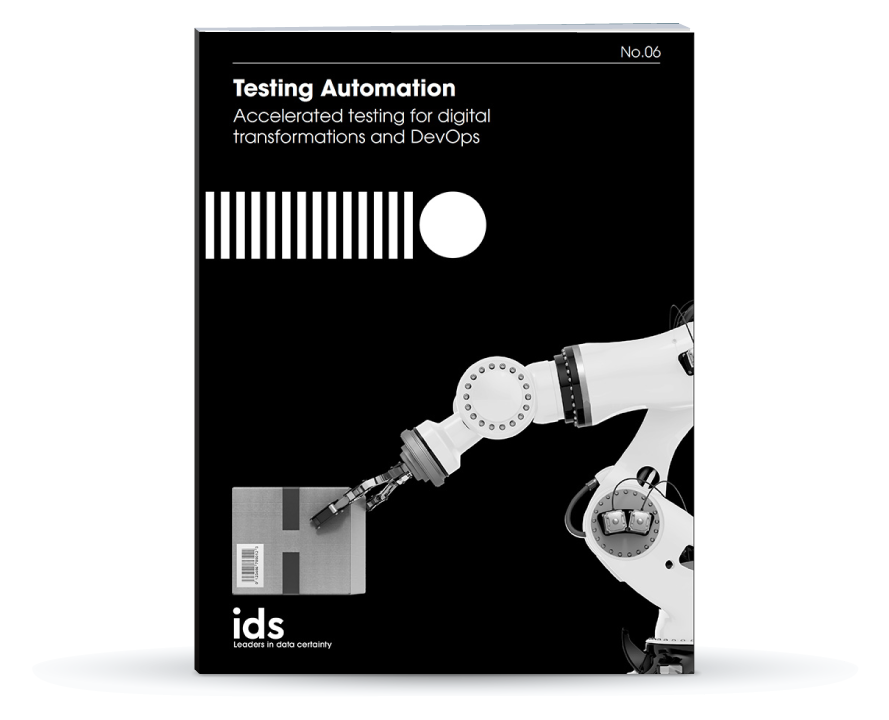Why Businesses Should Adopt Automated Software Testing

If yours is one of the businesses still using traditional manual software testing methods you might be surprised to know, according to the research group Markets and Markets, the global market for automated software testing tools is forecast to more than double to nearly $30bn over the next three years. So what is it about test automation that is convincing increasing numbers of your competitors to go through the change processes and necessary investment in new tools, people and training to move away from their manual systems and why should you consider changing?
At one level the simple answer is BECAUSE your competitors are doing it but, no doubt, you are likely to need some more compelling arguments before getting buy-in from management or the development team; nobody likes changes for changes’ sake particularly if it involves upfront investment. Almost certainly the primary arguments that will guarantee their attention are those that can show how automation will streamline the development/testing process while making the business more successful and ultimately more profitable.
Here a few of the top reasons that you can use to help you make the case for automation.
Improve Product Quality and Minimise Release Delays
As you will know only too well from your own experience, manual testing involves mundane, repetitive tasks that can absorb days or even weeks of a valuable developer/tester’s time. This can not only slow down development but also easily lead to increased chances of human error, reduced efficiency and critical bugs being missed as the inevitable boredom threshold is passed. Computers don’t get bored or tired and are capable of performing complex tests in just hours or even in minutes, which means automation enables developers to focus on software quality as early as possible in the development cycle and ensure that consistently error-free products can be released on schedule.
Reduced Costs
By cutting down the time to carry out tests, automated testing significantly reduces the cost of application development compared with manual methods. Although automation requires some initial work to define what tests are needed as well as to configure the testing tools, this will pay back in the medium to long term as the same tests can be reused as many times as you like at no additional cost or use of valuable development resources. This is particularly important when it comes to regression testing, which can involve multiple iterations of the same test each time a new feature is added or a line of code is changed.
Increased Scope and Scale of Tests
Automated tests can easily scale to execute thousands of different and more complex test case scenarios as well as enabling performance and API testing. Also, during each test run, it is possible to cover the vast array of different devices, operating systems and hardware specifications in use by your customers and stakeholders. Additionally, with minimum requirement for human intervention once the testing programme has been started it means that testing can be executed round-the-clock from any location. All of which would be impossible just by relying on manual methods.
Improved Customer Satisfaction
Automated testing results in more frequent, better quality, more accurate product releases with fewer chances of finding human errors or bugs that manual testing may have missed. This means more reliable, and better value experiences for customers, leading to improved levels of customer satisfaction and ultimately more sustainable long-term business growth.
Making the Move to Automated Testing
If automated testing sounds appealing to you and you want to at least stay in step with your competitors but not sure where to begin or what tools are best to suit your needs, the IDS team of experienced software testing professionals can help you get started and provide the ongoing support you need throughout the transition process. Contact us here.

Accelerating Testing for Digital Transformations Through Automation
IDS' Testing Automation Brochure covers the role of automation in augmenting human intelligence, rather than replacing it.


